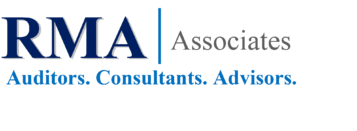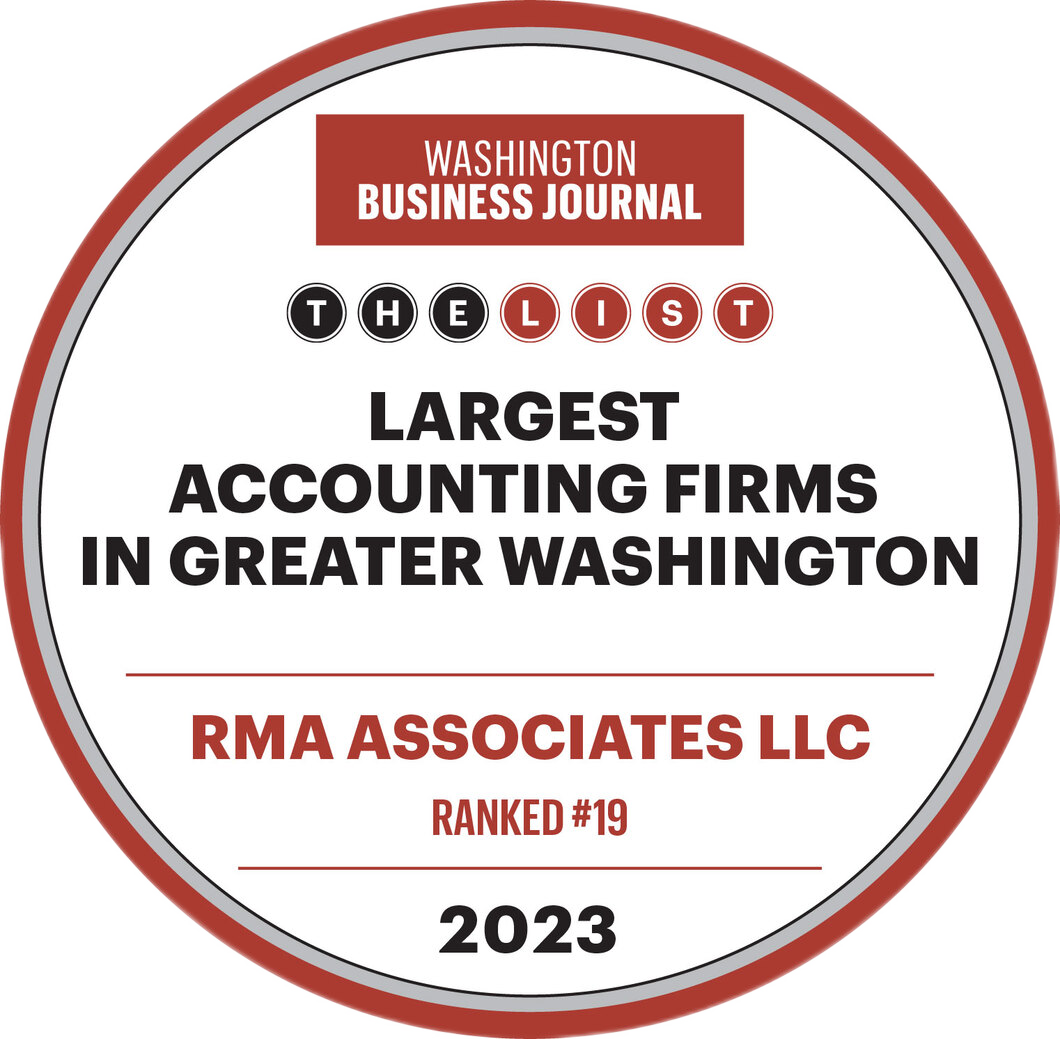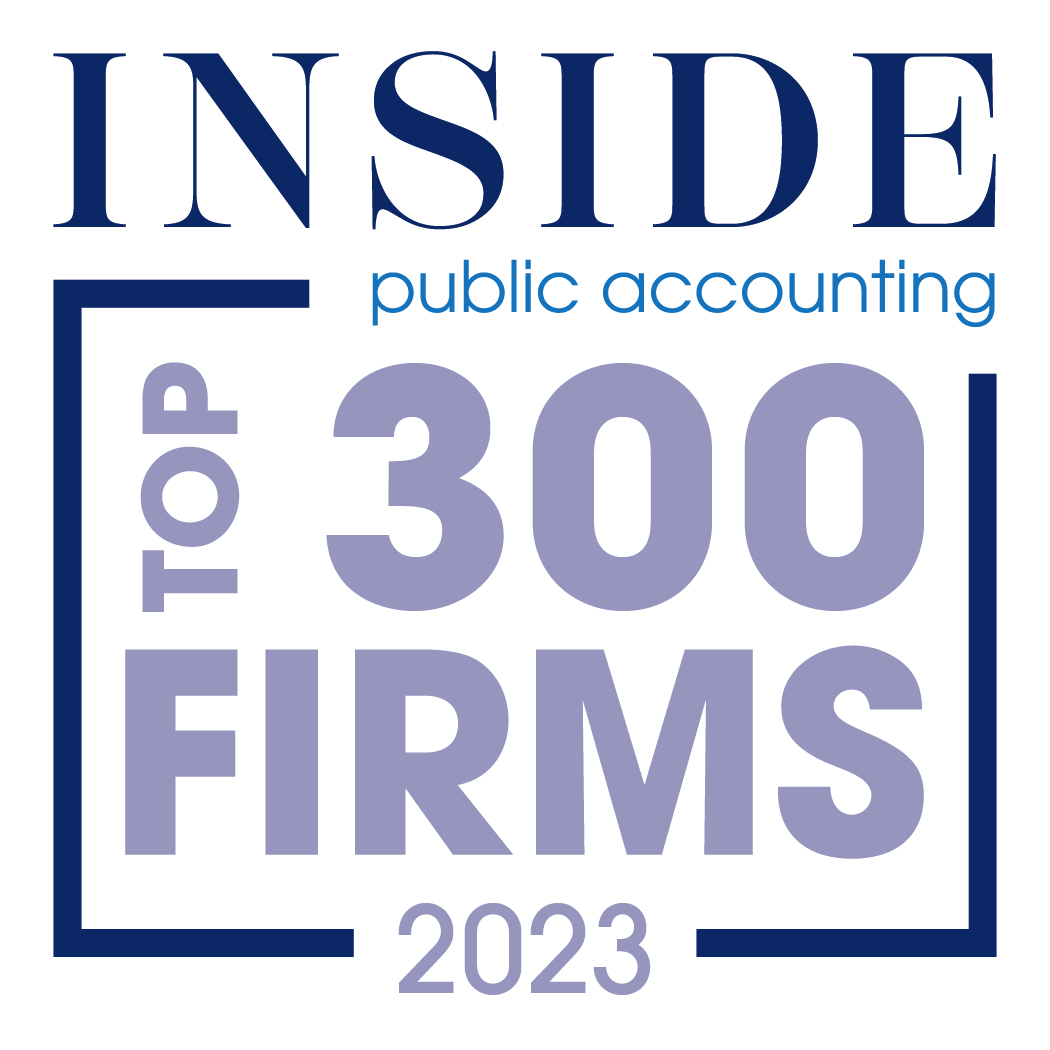Article Originally Posted on LinkedIn
By Michael Paterson
November 15, 2018
Artificial intelligence (AI), blockchain, robotic process automation—technology is no longer changing at a linear pace, but at an exponential rate. It’s impacting our everyday life and changing how businesses operate. Combined with changing stakeholder expectations, it’s also impacting the way we conduct an audit. Through innovation we’re improving the experience for our people and our clients, delivering more insights and increasing quality.
Technology improving quality
Technology is changing how we work and challenging traditional methods of gathering evidence and providing assurance. If you think about sampling 10 years ago, it was akin to fishing; you put in a fishing line here and there and maybe caught a fish. With technology such as Halo for Journals, it’s the same as draining the whole lake and running all of the fish through a filter—that’s powerful. AI promises an enhanced ability to spot patterns and anomalies. We’re currently piloting AI with our GL.ai bot, which can analyze billions of data points in seconds, allowing us to further deliver the high quality audit and insights our clients demand.
Automation in the audit allows routine work to be done more efficiently with higher quality so that more time can be spent looking at higher audit risk areas, something our clients value. PwC has made multimillion dollar investments in audit technology—for example, Aura helps us project manage the audit, Connect helps teams collaborate with clients, and Halo evaluates and visualizes entire populations of data. These are a few of the technologies helping to deliver a modern, robust and efficient audit.
Data-powered insights
Data has been called the world’s most valuable resource. We’re making significant investments—dollars and time—to digitally upskill our people, which will allow them to deliver the audit of the future. Our teams have already started leveraging these skills to produce valuable insights and efficiencies, customized to individual audits.
As technology develops, processes become more automated and more data is available, we’re moving closer towards continuous auditing. Imagine real-time assurance over controls and transaction-level verification on data sets and other valuable information that can be used to make decisions.
Changing expectations and increasing value
With increased globalization, regulation and rapid changes in technology, expectations of the audit and auditors are evolving.
Companies and their stakeholders are starting to realize the value that can be uncovered through an audit, and more broadly, from their auditors. It’s about having the right team that understands their business, the right approach and the latest technology. Insight-driven audits help address areas of significance, validate conclusions with data and provide practical recommendations. By having enhanced conversations between auditors, management teams and audit committees, an audit can be more than just a backwards-looking compliance exercise.
As public expectations of auditors’ ability to detect fraud increases and emerging technologies allow auditors to deliver greater insight, the audit will continue to evolve. And so will we.
Learn more about our Audit Revolution.




No responses yet